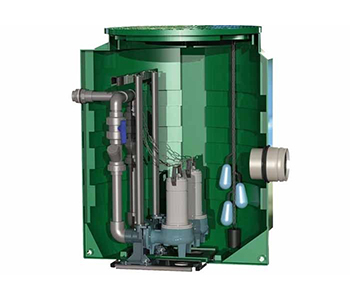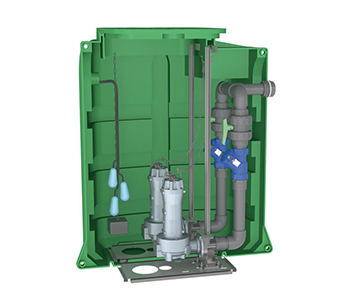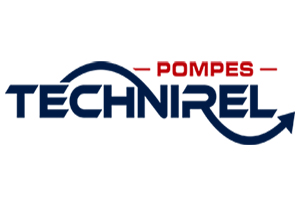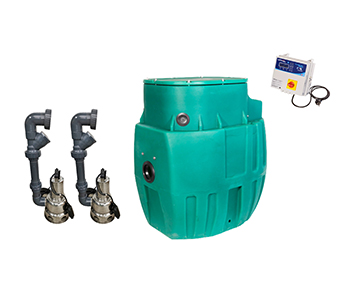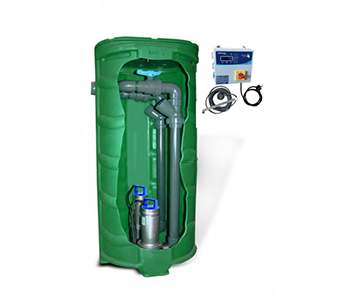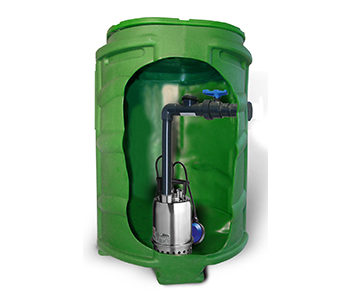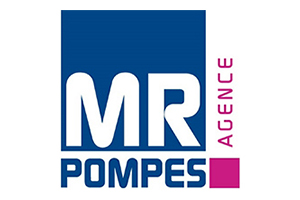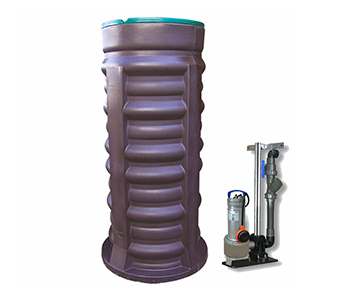- info@paca-environnement.com
- 1 rue du Gabian – Le Thalès 98000 Monaco
Lifting station

Do you have a question?
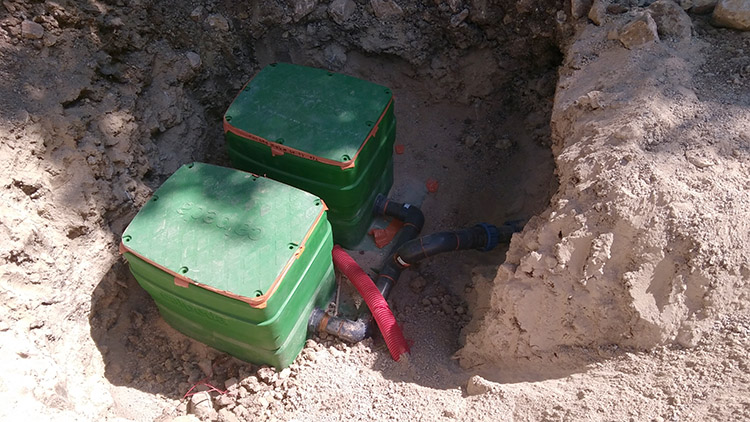
Lifting station
A lifting station, also called a pumping station or lifting station, is an installation used in wastewater and/or rainwater collection and management systems.
Its main role is to pump water from a lower point to a higher point when topographical conditions do not allow natural or gravity flow. Lifting stations are commonly used in sanitation networks, whether in non-collective sanitation, in connection to the sewer, or in other water management applications (storm drainage, tunnels, underground car parks, and so on). other installations where effective water management is necessary).
Here are the main characteristics and components of a lifting station:
1. Pump:
The central component of a lifting station is its pump. It is responsible for pumping water from a collection tank or sewer pipe to a higher level, usually a sewage treatment plant, main sewer or storage basin.
2. Collection tank:
The collected water accumulates in a collection tank, also called a pumping chamber. This tank is equipped with floats or sensors to determine the water level, which triggers the pump to operate when the level reaches a predefined threshold.
3. Piping:
A network of pipes transports water to and from the lifting station. The inlet pipes bring waste or storm water into the collection tank, while the outlet pipes carry the pumped water to its final destination.
4. Control devices:
Lifting stations are equipped with control and monitoring devices to ensure their proper functioning. This may include water level detection systems, alarm systems in the event of a malfunction, backup devices in the event of a power outage or GPRS alerts.
5. Electrical equipment:
Lifting stations require electrical equipment to power the pumps, sensors and control devices; they can be powered by 230 or 400 Volts. This equipment is designed to resist humidity and corrosive environments; to do this, Paca Environnement has only selected high quality brands.
Lift stations require regular maintenance to prevent clogs, pump failures, or other problems that could cause spills or system malfunctions.
Administrative obligations differ from one municipality to another; some will require a double pump system, others a large capacity buffer tank, still others to have an additional emergency system (generator or manual pump).
Our customer managers are experienced in the specific constraints of each region and will be able to advise you best in order to obtain the final compliance of your installation.
Lifting station
Our range
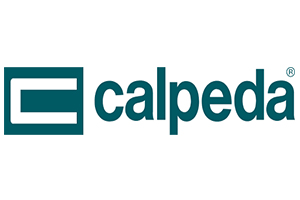
CAL 500
Poste de relevage - Débit : modéré à élevé
Type d’eau : traitées ou chargés selon modèles
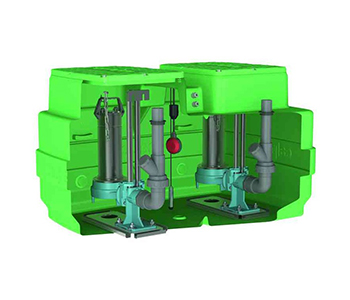

CAL 230
Poste de relevage - Débit : modéré à élevé
Type d’eau : claires ou chargées selon modèles
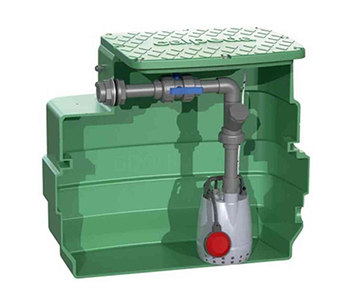

CALIDOUBLE
Poste de relevage - Débit : Elevé
Type d’eau : claires ou chargées selon modèles
